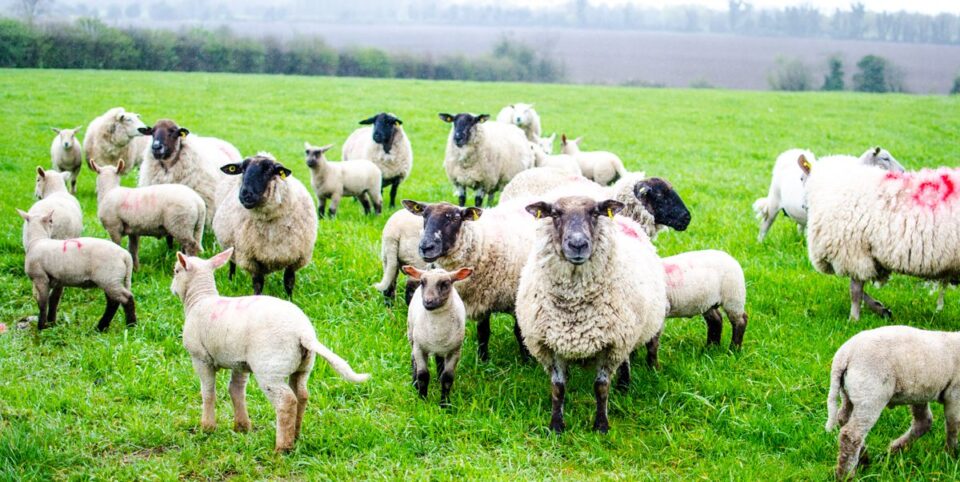Farming in the UK is becoming so financially precarious that the majority of farmers now rely on non-agricultural ventures just to stay afloat. As profit margins from food production continue to shrink, about 75% of UK farmers have diversified into other businesses—from wedding venues and holiday lets to renewable energy.
According to BBC News, the past year has been especially punishing. Farmers faced the wettest winter on record, immediately followed by an historically dry spring—a one-two punch that left crops struggling and incomes falling.
To make matters worse, the UK government has sparked anger by reintroducing inheritance taxes on farms and suspending grants for sustainable agriculture, prompting protests across the countryside.
In response, farmers are increasingly turning to creative solutions. For Mike Churches, a sixth-generation farmer near Glastonbury, that means shifting focus from sheep and cattle to glamping, falconry displays, and helicopter rides.
“Only 30% of our income comes from actual farming now,” he told the BBC. “The rest is weddings and events. Farming just doesn’t pay like it used to.”
Tom Collins, Wiltshire chair of the National Farmers’ Union (NFU), echoed that sentiment. “These diversified businesses aren’t just a bonus anymore,” he said. “They’re essential.”
DEFRA’s latest figures back this up. Around 71% of UK farmers now rely on some form of non-farming income—up from 61% in 2015. And in about one in four cases, those extra ventures provide more than half of the total farm income.
The most common side businesses include:
-
Letting out buildings to small firms
-
Running farm shops, B&Bs, and campsites
-
Hosting weddings and events
-
Leasing land for solar farms
Letting land to solar energy companies has become one of the more controversial options, as some critics argue it takes valuable land out of food production. But many farmers say they simply don’t have a choice.
According to DEFRA’s research, 28% of farms were operating at a loss on food production alone.
For Collins, who runs a traditional mixed farm near Malmesbury, the numbers speak for themselves. “Without diversification, we’d be in serious trouble,” he said. “I don’t know a single farm business that isn’t doing something else on the side.”
He also pointed out that many older farm buildings aren’t suitable for modern agricultural machinery, so renting them to local businesses helps bridge the gap.
Despite these realities, a spokesperson from DEFRA insisted the government is investing “millions into British farming.”
But for many in the industry, that reassurance rings hollow. As Collins put it, “The margins are wafer-thin. As my grandfather used to say: it’s a lot of sawing for not much sawdust.”
Bottom Line:
With farming profits squeezed by climate chaos, policy shifts, and rising costs, UK farmers are becoming entrepreneurs—often out of necessity. What was once a side hustle is now a survival strategy.


